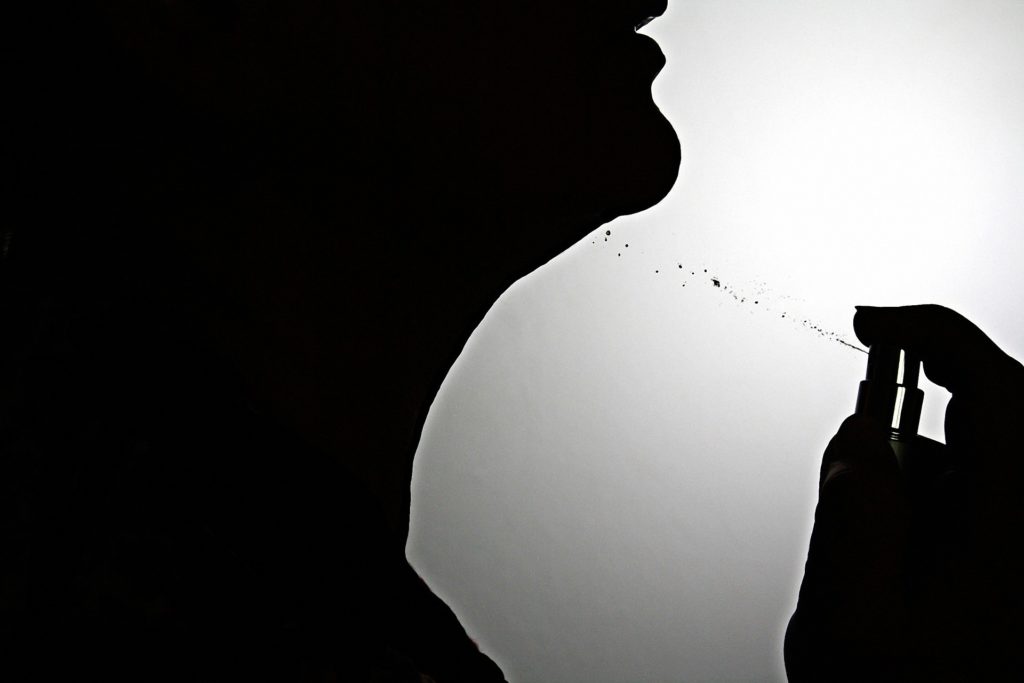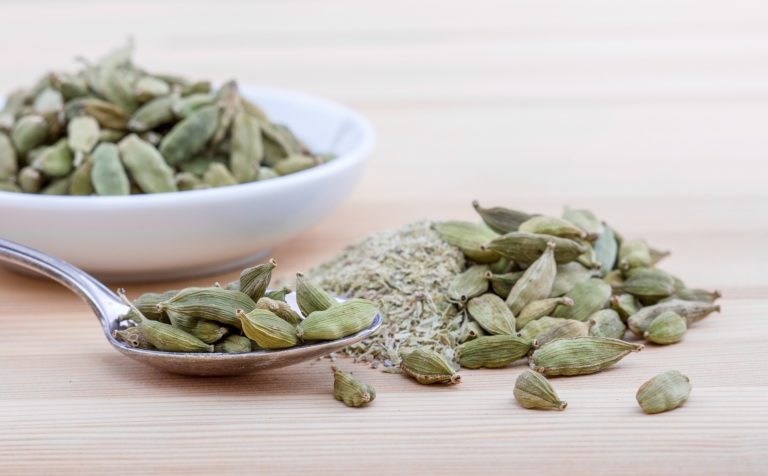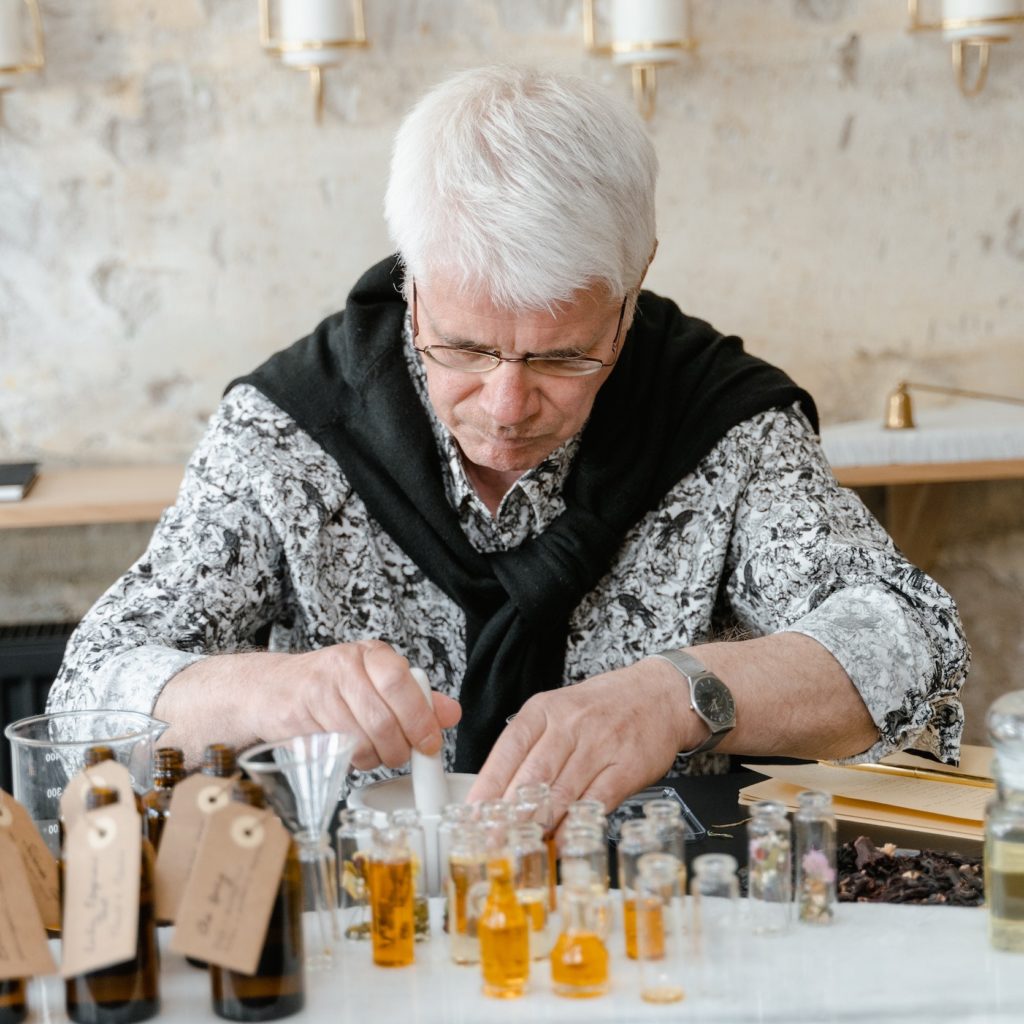Perfume has been a popular scented accessory for centuries, allowing people to accessorize with a light and fragrant scent. But before you spritz your favorite fragrance, it’s essential to understand the risks associated with wearing perfume.
Is perfume safe? The answer is not a simple yes or no. There are various factors that can influence how safe perfume is, from its ingredients to the amount used, as well as how it’s stored.
In this article, we’ll take a closer look at whether or not perfume is safe to wear.
So Many Unknowns
The risks associated with wearing perfume can vary depending on the type of scent. While some perfumes are made with natural ingredients and considered safe, many contain synthetic chemicals that may be hazardous. These volatile organic compounds (VOCs) can be damaging, particularly because we don’t entirely know what they are.
We are currently using about 4,000 chemicals to scent products, but you won’t find any of them listed on a label. Fragrance formulations are considered a “trade secret” and therefore protected from disclosure — even to regulators and manufacturers. Ingredient lists for many cosmetics, personal care and cleaning products need only use one word in the ingredients list — fragrance. There can be anywhere between 50 to 300 chemicals used in a single scent.
Skin Irritation and Allergy
Another one of the biggest risks associated with wearing perfume is skin irritation. This can be caused by fragrances that contain a high concentration of essential oils or synthetic chemicals, which can cause redness, itching, and burning sensations on the skin.
Alcohol used as a binding agent can also cause skin irritation. For these reasons, we always recommend performing a patch test before dousing yourself in perfume.
Inhaling perfume can sometimes cause nausea, headaches, and dizziness in people. This can be due to any number of chemicals in the perfume itself, or just simply because the individual doesn’t like the smell.
Finally, some individuals may experience an allergic reaction when exposed to certain types of perfume.
Cancer and Endocrine Disruption
A common chemical used in perfumes to make them last longer are phthalates, which are known to be endocrine disruptors. Studies have found that exposure to high levels of this chemical can lead to reproductive problems such as reduced fertility and increased risk for miscarriage or birth defects.
In addition to the potential reproductive issues, research has also found that exposure to high levels of phthalates can increase a person’s risk for some types of cancer. These include breast, ovarian, prostate and testicular cancer. While further studies need to be done in order to understand the effects on humans more thoroughly, it is best to limit your exposure to phthalates when possible.
Another common chemical found in perfumes are parabens, used as preservatives to extend their shelf life. Although this may be convenient for manufacturers, it can have serious health implications for people exposed to them. Parabens can mimic the hormone estrogen and disrupt our body’s endocrine system which is responsible for controlling many important functions such as reproduction and metabolism.
Studies suggest that exposure to high levels of parabens through perfume use can lead to reproductive issues such as decreased fertility and a greater chance of having a miscarriage or a baby with birth defects. Therefore, it is important to check what ingredients are used in your favorite fragrances and make sure they do not contain any potentially harmful parabens.
Petroleum? Really?
Petroleum is another commonly used ingredient in perfumes. It is derived from crude oil and provides a fixative, which helps fragrances last longer on the skin. However, petroleum can be detrimental to both the environment and human health if it enters the water supply or when breathed in as part of air pollution.
Additionally, some people experience irritation or an allergic reaction when exposed to fragrances that contain petroleum. Therefore, if you’re concerned about your health and the environment, look for perfumes made with natural ingredients instead.
Many of the commonly discovered harmful chemicals in fragrance products are derived from petroleum, including acetone, phenol, toluene, benzyl acetate, and limonene.
What Can You Do?
You still want to smell good. We completely get it.
Natural alternatives to traditional designer perfumes are a great way to stay smelling great without having to worry about damaging your health and the environment. Plant-based fragrances, such as essential oils, use natural ingredients like fruits, flowers, leaves, and spices that are free from toxins to create their wonderful smelling compositions. These natural fragrances provide an array of unique scents, and can even have healing properties due to their naturally therapeutic properties.
Additionally, there are also synthetic fragrance alternatives available that have been created in laboratory environments and can be just as powerful as those derived from petrochemicals. Synthetic fragrances do not contain any of the potentially harmful chemicals found in petroleum-sourced fragrances, so they make for excellent substitutes.
So next time you’re looking for a designer scent, why not explore some natural or safer synthetic alternatives?










